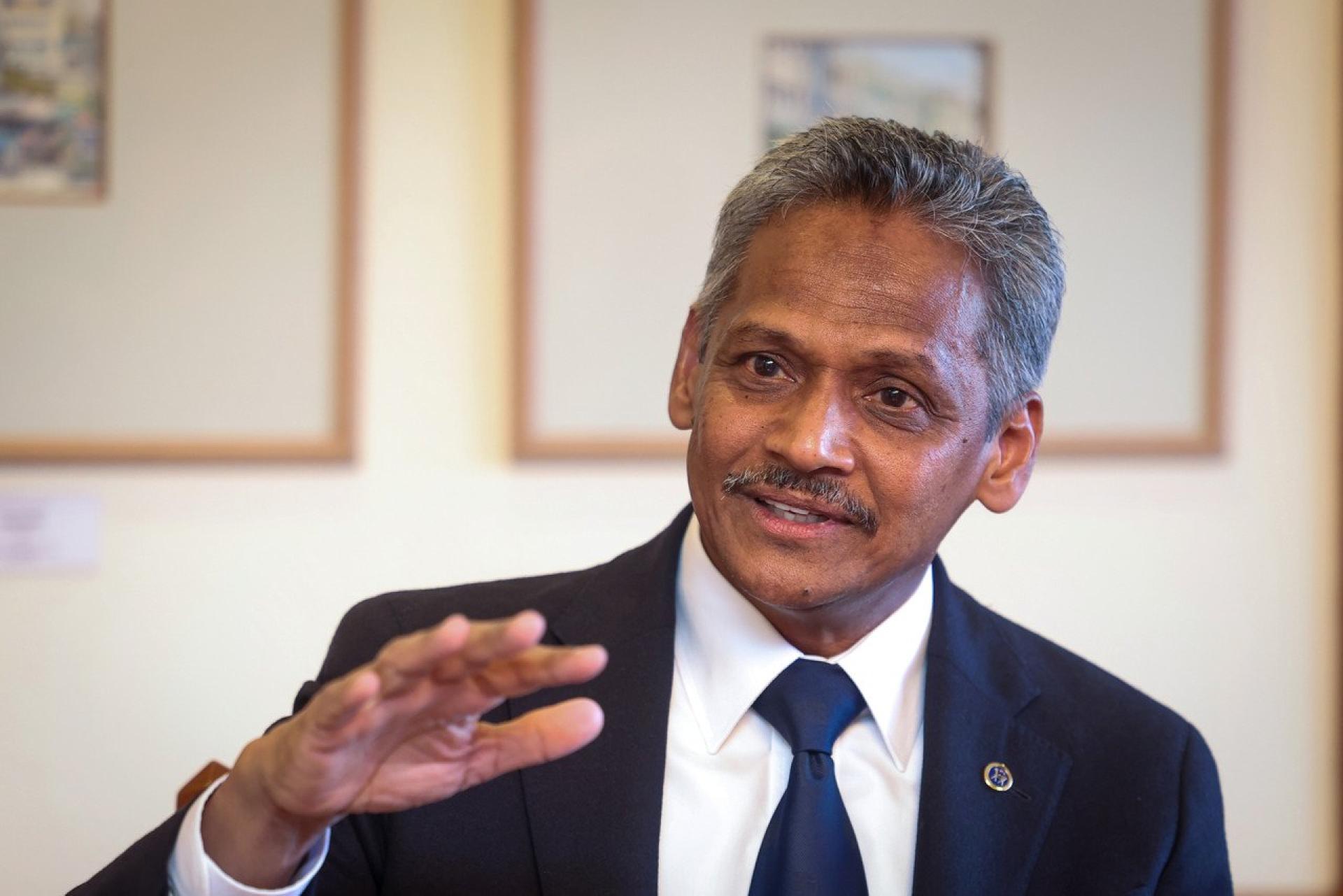Bank Negara Malaysia Governor Datuk Seri Abdul Rasheed pointed out that ASEAN’s position as a new regional economic engine remains solid, while also being committed to deepening economic integration, which includes cooperation in the financial sector.
He said that ASEAN is also promoting the development of interoperable payment infrastructure in the process of advancing regional economic integration, in order to strengthen the development of micro, small, and medium-sized enterprises (MSMEs).
He pointed out that the momentum of economic interdependence and deep cooperation within the region is continuously strengthening. Considering that there is still ample room for development in these areas, it can be foreseen that ASEAN integration will continue to make progress.
In an interview with Bernama, Abdul Rasheed pointed out that currently intra-ASEAN trade accounts for 22% of the region’s total trade, far lower than the EU’s approximately 50%.
He emphasized that encouragingly, ASEAN already has the necessary infrastructure in place to turn this vision into reality.
“One of the key driving forces is interoperable payment infrastructure.”
He pointed out that innovative payment systems such as cross-border QR codes are fundamentally transforming how business transactions are conducted.
“For example, any Malaysian can now sell their products to Thailand and receive payment instantly.”
He said that such capabilities were unheard of just a few years ago.
In 2024, about 5.2 million cross-border QR code payment transactions were recorded, a fourfold increase from the previous year, highlighting the immense value these services bring to both users and merchants.
Abdul Rasheed said: “This is a game-changer, especially for MSMEs, which are the backbone of the ASEAN economy.”
He pointed out, while large enterprises are also important, empowering small and medium-sized businesses to participate more fully will unlock significant untapped potential.
According to reports, ASEAN has about 70 million MSMEs, accounting for 97.2% to 99.9% of all enterprises in member states; among them, microenterprises make up the largest proportion.
Within the ASEAN region, MSMEs provide 85% of jobs, 44.8% of gross domestic product, and 18% of national exports.
Abdul Rasheed emphasized that the diversity of economies and industries within ASEAN is both a strength and a driver of economic and financial integration.
“Each ASEAN country has its own unique advantages. For example, Malaysia and Vietnam are leading in electronics and manufacturing, while Indonesia possesses unique resources and market scale. ASEAN countries are no longer merely competing with each other, but are seeking complementary ways to jointly build a complete regional ecosystem.”
“We have realized that unity makes us stronger. Countries no longer regard each other as competitors, but focus on building a unified internal market. This shift in mindset is critical.”
He pointed out that ASEAN’s strategic importance on the global stage is increasingly drawing the attention of major world powers.
He mentioned that, with the United States, China, and Europe increasingly engaging with ASEAN, the bloc is now in an advantageous strategic position.
“We are becoming a region that the world cannot ignore. Therefore, we must continue to sustain this momentum and deepen integration, not just in trade, but also in digital, financial, and logistics networks.”
Abdul Rasheed pointed out that what originally were seen as challenges—geopolitical competition, supply chain restructuring, and global economic uncertainty—have instead become catalysts for ASEAN unity.
“ASEAN has become a region ready to lead the future. We are now aware of our collective potential and are more united than ever before.”
